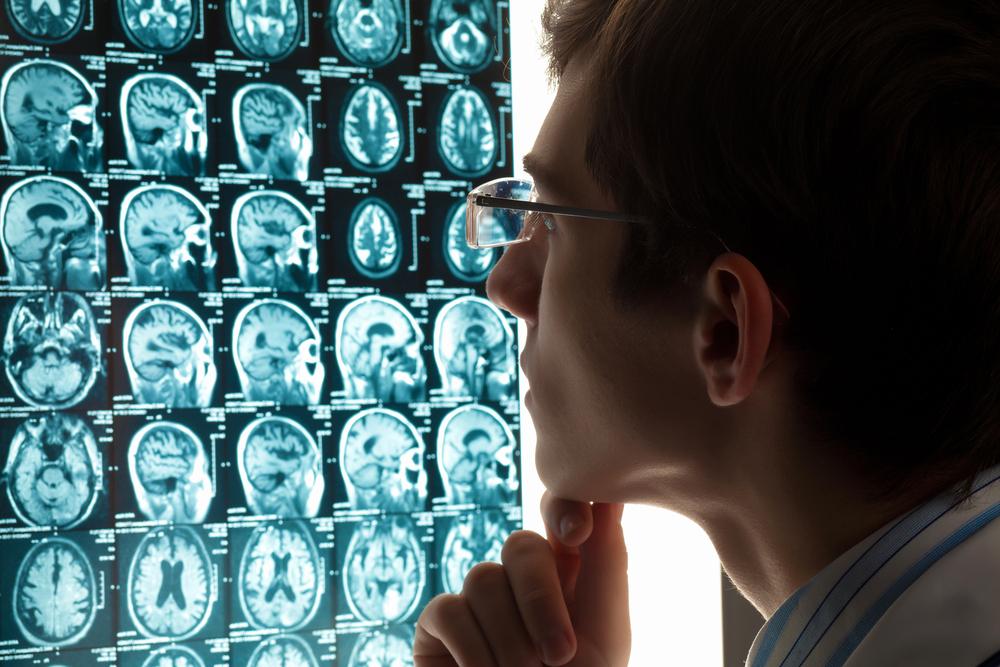Top 5 Treatments for Lung Cancer Management
This article explores the five main types of lung cancer treatments, including surgery, chemotherapy, radiation, targeted therapy, and immunotherapy. It highlights how these options vary based on cancer type and stage, emphasizing the importance of early detection and personalized treatment plans for improved outcomes. The piece also underscores the role of advanced targeted and immune-based therapies in modern lung cancer management, providing valuable insights into effective strategies for combating this prevalent disease.

Top 5 Treatments for Lung Cancer Management
Lung cancer remains one of the most prevalent cancers in the United States today. Early detection is crucial for effective treatment, and prompt action is essential once a diagnosis is confirmed. The choice of treatment varies based on the lung cancer type and its stage, guiding doctors to recommend the most suitable approach for each patient.
Surgical Intervention: Removing the tumor through surgery is a primary method for treating certain types of lung cancer, especially in early stages. During surgery, the surgeon excises the cancerous tissue along with a margin of healthy tissue to ensure complete removal.
To check if the cancer has spread, nearby lymph nodes are also examined and potentially removed. Post-surgery, the remaining lung tissue gradually expands, restoring normal breathing.
Chemotherapy: This treatment involves using medications to destroy cancer cells. It can be administered via injections or oral pills over a specified period. Sometimes, chemotherapy follows surgery to eliminate residual cancer cells and reduce recurrence risk.
Radiation Therapy: When surgery isn't feasible, doctors may recommend combining chemotherapy with radiation. Radiation therapy employs high-energy beams to target and kill cancer cells, often alleviating symptoms like pain and breathing difficulties.
Targeted Therapy: A newer approach, targeted drug therapy focuses on specific genetic abnormalities within cancer cells. It tends to work better for patients with particular genetic mutations. Common targeted agents include Bevacizumab, Ceritinib, Nivolumab, Erlotinib, Crizotinib, and Xalkori, especially for cancers caused by genetic mutations.
Immunotherapy: This method boosts the body's immune system to better recognize and attack cancer cells, providing an innovative treatment option for certain lung cancer types.










